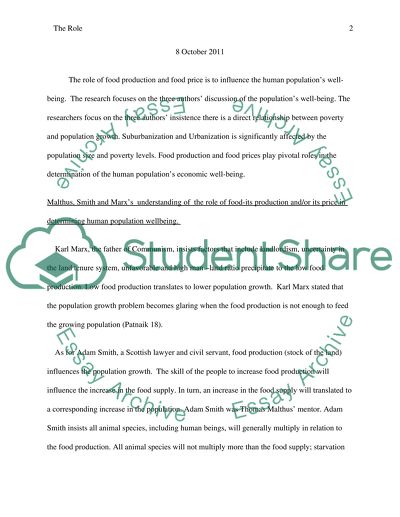Cite this document
(“The Role of Food - Its Production and/or Its Price in Determining Essay”, n.d.)
Retrieved from https://studentshare.org/geography/1433191-the-role-of-food-its-production-andor-its-price-in-determining-human-population-well-being
Retrieved from https://studentshare.org/geography/1433191-the-role-of-food-its-production-andor-its-price-in-determining-human-population-well-being
(The Role of Food - Its Production and/Or Its Price in Determining Essay)
https://studentshare.org/geography/1433191-the-role-of-food-its-production-andor-its-price-in-determining-human-population-well-being.
https://studentshare.org/geography/1433191-the-role-of-food-its-production-andor-its-price-in-determining-human-population-well-being.
“The Role of Food - Its Production and/Or Its Price in Determining Essay”, n.d. https://studentshare.org/geography/1433191-the-role-of-food-its-production-andor-its-price-in-determining-human-population-well-being.


